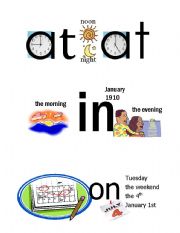
|
In,On,At Miniposters
Display this poster in your classroom, and it will help your students to remember when to use in, on, and at. Here, they are presented with visuals and typical phrases showing which words to use for the time of day, the date, the month, the year, etc.
Level: elementary
Age: 8-17
Type: grammar-guide
Downloads: 22
|
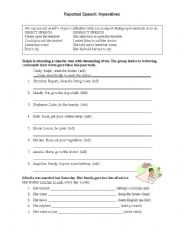
|
Reported Speech: Infinitives Worksheet
The format for this worksheet was inspired by Swan and Walter�s The Good Grammar Book, however the sentences are original.
Level: advanced
Age: 12-17
Type: worksheet
Downloads: 18
|
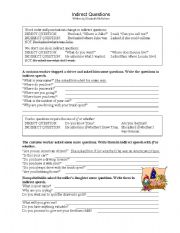
|
Indirect Questions Worksheet
The format for this worksheet was inspired by Swan and Walter�s The Good Grammar Book, however the sentences are original.
Level: advanced
Age: 12-17
Type: worksheet
Downloads: 26
|
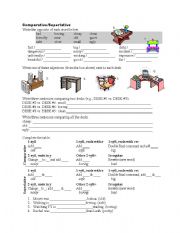
|
Comparative/Superlative Worksheet
Students work from dependent to slightly freer practice, completing a table with the appropriate forms for normal and irregular forms, write the opposite of adjectives, and complete another table on spelling changes; write sentences using the most appropriate comparative or superlative forms based on general knowledge and pictures. *Images from Mic...
Level: elementary
Age: 10-17
Type: worksheet
Downloads: 72
|
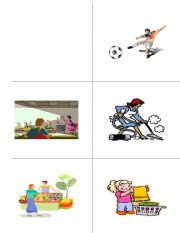
|
Simple Present Flashcards Part B
See also Part A. Print the cards on cardstock. Stick the verb to the back of the card. Then laminate. Drill verbs, turning them around if students don�t know what verb is represented. Ask students to give simple present sentences: he plays soccer, they exercise, she cleans the house, etc.
Level: elementary
Age: 8-17
Type: flash-card
Downloads: 4
|
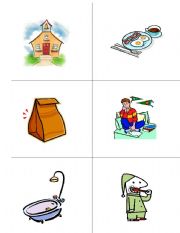
|
Simple Present Flashcards Part A
Part B contains the infinitive form of the verbs. Print the cards on cardstock. Stick the verb to the back of the card. Then laminate. Drill verbs, turning them around if students don�t know what verb is represented. Ask students to give simple present sentences: he plays soccer, they exercise, she cleans the house, etc.
Level: elementary
Age: 8-17
Type: flash-card
Downloads: 4
|
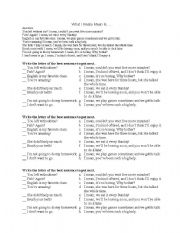
|
What I Really Mean Is . . .
Reinforce the meaning of "I mean" by associating the initial awkward sentences with explanatory "I mean" sentences.
Level: elementary
Age: 10-17
Type: worksheet
Downloads: 9
|
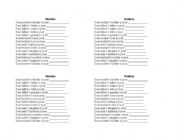
|
Family Relationship Riddles
These are riddles to help students think about the meaning of the family vocabulary words, not just the translation. Suggestion: Use in preparation for listening to "I�m My Own Grandpa."
Level: elementary
Age: 8-17
Type: activity-card
Downloads: 15
|
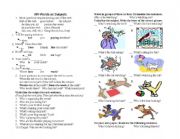
|
Wh-Words as Subjects
This worksheet first shows the difference between regular wh-questions, which invert the subject and the (auxiliary) verb, and questions in which the wh-word is the subject. Students identify the subject in several sentences, and then they select the picture that shows the difference between the wh-word acting as subject and as object--requiring th...
Level: elementary
Age: 12-17
Type: grammar-guide
Downloads: 11
|
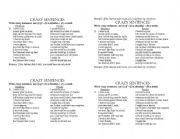
|
Second Conditional: Crazy Sentences
This activity practices the second condiitonal, asking students to make silly sentences by choosing If + an imaginary situation + a result (with would/could/might).
Level: intermediate
Age: 13-17
Type: activity-card
Downloads: 9
|